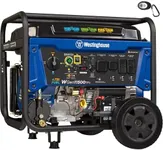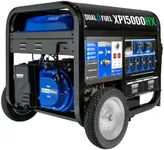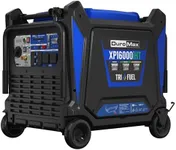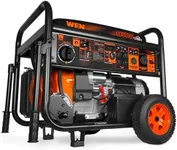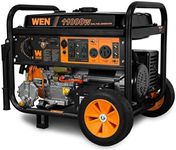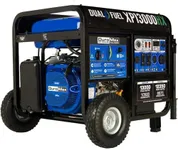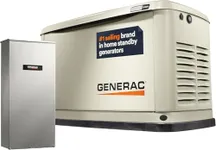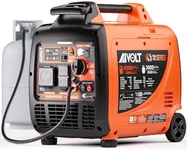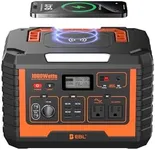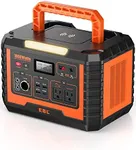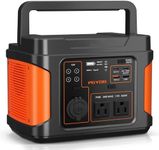Buying Guide for the Best Diesel Generators
Choosing the right diesel generator can be a crucial decision, whether you need it for home backup, business continuity, or industrial use. The right generator will ensure you have a reliable power source when you need it most. To make an informed decision, you need to understand the key specifications and how they align with your specific needs. Here are the main factors to consider when selecting a diesel generator.Power Output (kW/kVA)Power output is the amount of electrical power the generator can produce, measured in kilowatts (kW) or kilovolt-amperes (kVA). This is important because it determines whether the generator can handle the electrical load of your appliances or equipment. For small home use, a generator with a lower power output (5-10 kW) might be sufficient. For larger homes or small businesses, you might need something in the range of 10-50 kW. Industrial applications often require generators with power outputs exceeding 50 kW. Assess your power needs by listing all the devices you plan to run simultaneously and their power requirements.
Fuel ConsumptionFuel consumption indicates how much diesel the generator uses over a specific period, usually measured in liters per hour. This is important for understanding the operational cost and efficiency of the generator. Generators with lower fuel consumption are more economical to run. For occasional use, fuel consumption might not be a major concern, but for continuous or heavy use, choosing a generator with efficient fuel consumption can save you a lot of money in the long run. Check the manufacturer's specifications for fuel consumption rates at different loads.
Run TimeRun time refers to how long the generator can operate on a full tank of fuel. This is crucial for planning how long you can rely on the generator before needing to refuel. For emergency home use, a generator with a run time of 8-12 hours might be sufficient. For businesses or industrial use, you might need a generator that can run for 24 hours or more. Consider your typical usage patterns and how often you can realistically refuel the generator.
Noise LevelNoise level is measured in decibels (dB) and indicates how loud the generator will be during operation. This is important for ensuring comfort and compliance with local noise regulations. For residential areas, a quieter generator (below 70 dB) is preferable to avoid disturbing neighbors. For industrial areas, noise might be less of a concern, but it's still important to consider the working environment. Check the noise level specifications and consider where the generator will be placed and how the noise might affect you and others.
PortabilityPortability refers to how easy it is to move the generator. This is important if you need to transport the generator to different locations. Portable generators are typically smaller and have wheels for easy movement, making them suitable for home use, camping, or small job sites. Stationary generators are larger and designed to be installed in a fixed location, making them ideal for businesses or industrial use where the generator will remain in one place. Consider how and where you will use the generator to determine the level of portability you need.
Automatic Transfer Switch (ATS)An Automatic Transfer Switch (ATS) allows the generator to automatically switch on and off in response to power outages. This is important for ensuring a seamless transition to backup power without manual intervention. For home use, an ATS can provide peace of mind by automatically restoring power during an outage. For businesses, it ensures continuity of operations without downtime. If you need a reliable and automatic power backup solution, look for generators that come with or are compatible with an ATS.
Maintenance and ServiceMaintenance and service requirements refer to how often the generator needs to be serviced and how easy it is to perform maintenance tasks. This is important for ensuring the longevity and reliability of the generator. Generators with lower maintenance requirements and easy access to service parts are more convenient and cost-effective to own. Consider the availability of service centers and the manufacturer's reputation for reliability and support. Choose a generator that fits your ability to perform or arrange for regular maintenance.

